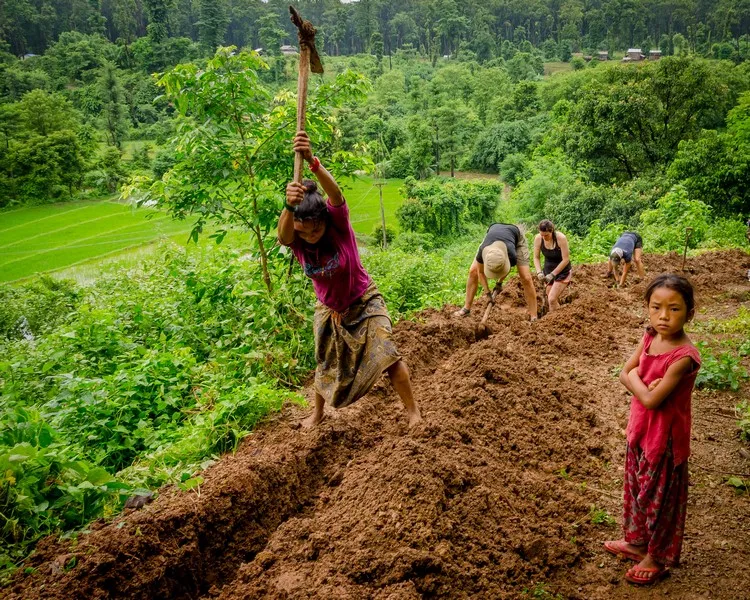In the field of sociology, the term “cash crop” refers to a specific type of agricultural product that is cultivated primarily for its commercial value rather than for subsistence or personal consumption. This concept holds significant importance in understanding the economic and social dynamics of agricultural practices, particularly in developing countries.
Definition and Characteristics of Cash Crops
Cash crops can be defined as agricultural commodities that are grown and harvested for the purpose of generating income through their sale in domestic or international markets. Unlike food crops that are primarily cultivated for direct consumption by the farmer and their community, cash crops are intended for trade and profit.
These crops are typically chosen based on their market demand, profitability, and suitability for local climatic conditions. Common examples of cash crops include cotton, coffee, tea, cocoa, tobacco, sugarcane, palm oil, and rubber.
Historical Context and Impact
The emergence and prevalence of cash crops can be traced back to the colonial era when European powers established colonies in various parts of the world. During this period, the focus shifted from subsistence farming to the production of cash crops for export to the colonizing countries.
This shift had profound effects on the social, economic, and political structures of the regions where cash crops were introduced. Local communities became dependent on cash crop cultivation as their primary source of income, leading to changes in land ownership, labor relations, and social hierarchies.
In many cases, cash crop production led to the displacement of traditional subsistence farming practices, causing a decline in food security and increased vulnerability to market fluctuations. Additionally, the introduction of cash crops often required significant investments in infrastructure, such as irrigation systems and transportation networks, which further shaped the socio-economic landscape.
Global Trade and Dependency
Today, cash crops continue to play a crucial role in the global economy, with many developing countries heavily reliant on their export. The production and export of cash crops contribute to foreign exchange earnings, employment opportunities, and economic growth.
However, this dependence on cash crops can also create vulnerabilities for these countries. Fluctuations in global market prices, changes in consumer preferences, and environmental factors such as droughts or pests can have severe consequences for cash crop-dependent economies.
Moreover, the focus on cash crop cultivation often leads to the neglect of other essential sectors, such as food production and diversification of the local economy. This overreliance on a single commodity can hinder long-term sustainable development and exacerbate inequalities within societies.
Social Implications and Challenges
The cultivation of cash crops can have significant social implications, particularly in terms of labor relations and income distribution. In many cash crop-producing regions, small-scale farmers face challenges such as low wages, exploitative labor practices, and limited access to resources and markets.
The concentration of land ownership and control in the hands of a few wealthy individuals or corporations can further exacerbate inequalities within societies. This concentration of power can lead to social unrest, conflicts over land rights, and marginalization of vulnerable groups.
Efforts to address these challenges require a multi-dimensional approach that considers the socio-economic context, environmental sustainability, and the empowerment of local communities. Initiatives focusing on fair trade, sustainable farming practices, and the diversification of agricultural activities can help mitigate some of the negative consequences associated with cash crop production.
Conclusion
In sociology, the concept of cash crops provides valuable insights into the complex interplay between agriculture, economics, and social structures. Understanding the historical context, impact, and challenges associated with cash crop cultivation is crucial for developing sustainable and equitable agricultural practices in the modern world.





